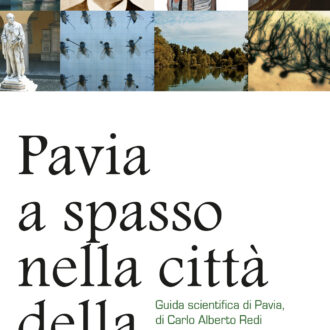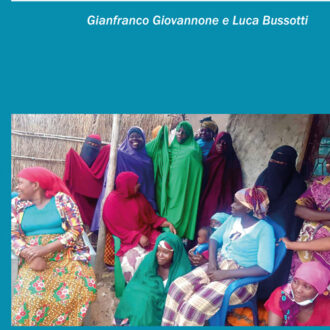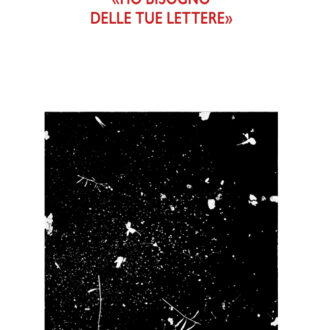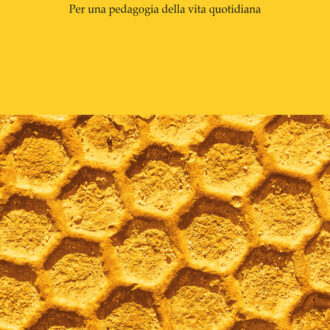ABSTRACT
The article aims at retracing the fundamental steps of the heated debate about the representation of ghosts and the supernatural in the theatre of the 1790s and early 1800s. During this period, ghosts made their grand return on stage after a long ban thanks to Gothic playwrights, who relied on Shakespeare’s prestigious authority to legitimise their ample use of terrifying supernaturalism. Their productions, however, were regarded with disdain by the cultural establishment since they contradicted Neoclassical dogmas and blurred traditional distinctions between high literature and commercial entertainment. The article analyses the spectacular use of spectrality in the Gothic plays of authors such as James Boaden, Matthew Lewis and George Colman The Younger as well as its reception in the theatrical reviews of the time in order to illustrate the widening gap between the predominant preferences of the general audience and the expectations of conservative critics and intellectuals that characterised those culturally revolutionary years.
Lo scopo dell’articolo è ricostruire le tappe fondamentali dell’acceso dibattito riguardante la rappresentazione dei fantasmi e del soprannaturale nei drammi gotici negli anni a cavallo del diciannovesimo secolo. In questo periodo i fantasmi fecero il loro grande ritorno sul palcoscenico dopo una lunga assenza grazie ai drammaturghi gotici, i quali usarono l’esempio prestigioso di Shakespeare per legittimare il loro ampio ricorso al soprannaturale terrificante. Le loro produzioni vennero però guardate con sdegno dell’establishment culturale in quanto contraddicevano i dogmi neoclassici e confondevano la tradizionale distinzione tra alta letteratura e intrattenimento commerciale. L’articolo analizza l’uso spettacolare della spettralità nei drammi gotici di autori come James Boaden, Matthew Lewis e George Colman il Giovane e la sua ricezione nelle recensioni teatrali dell’epoca per illustrare il crescente divario tra i gusti prevalenti del grande pubblico e le aspettative di critici e intellettuali conservatori che caratterizzò quegli anni culturalmente rivoluzionari.












Recensioni
Ancora non ci sono recensioni.